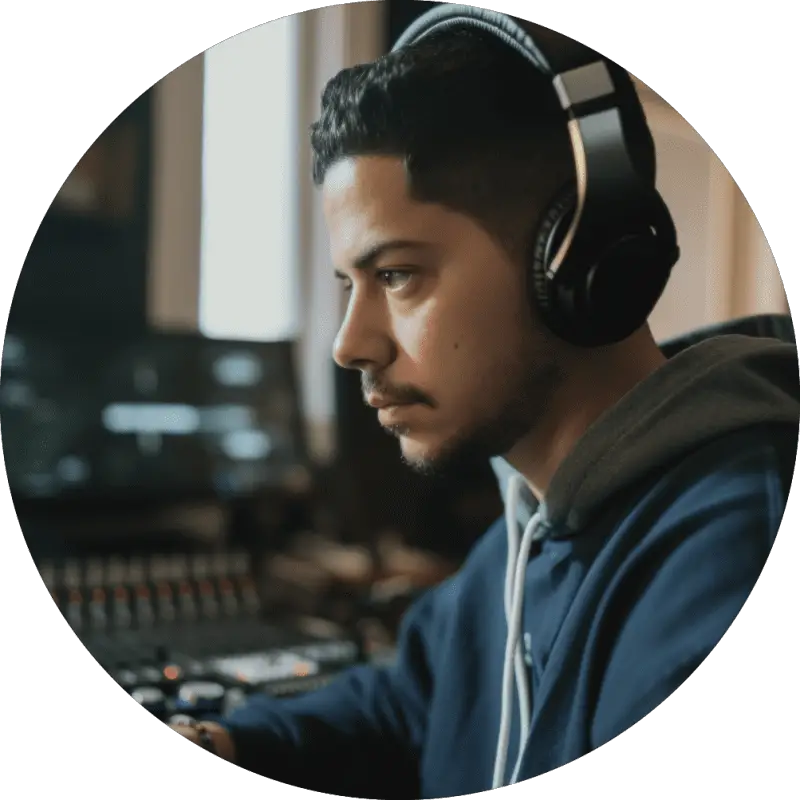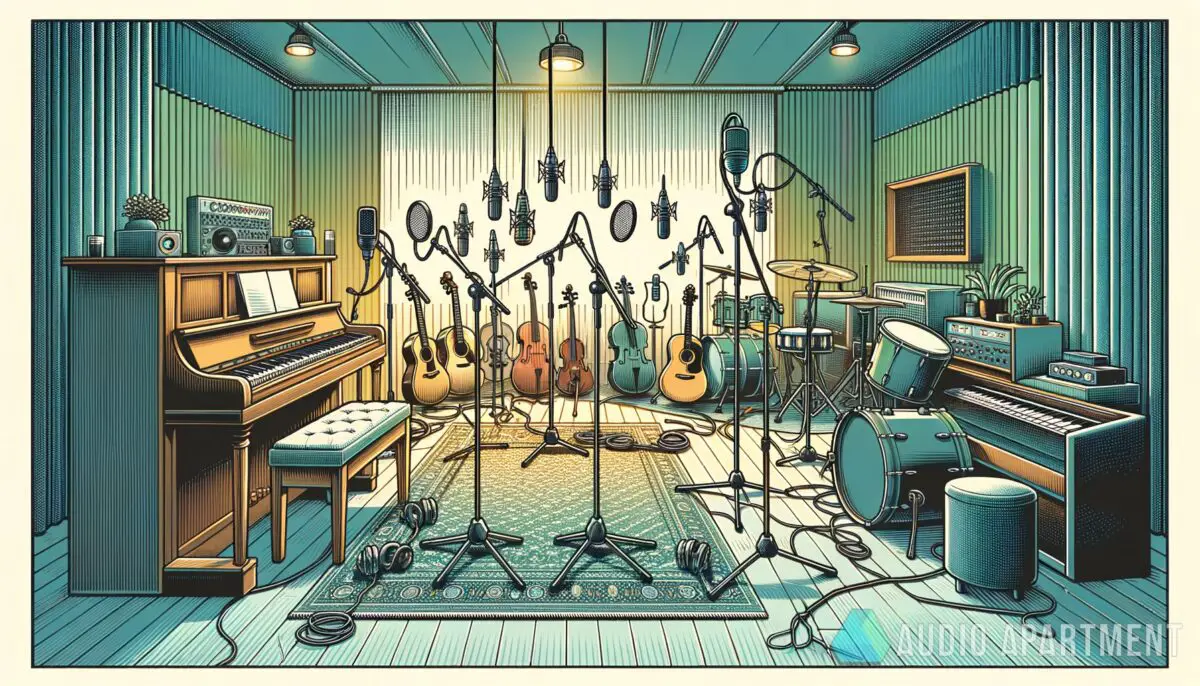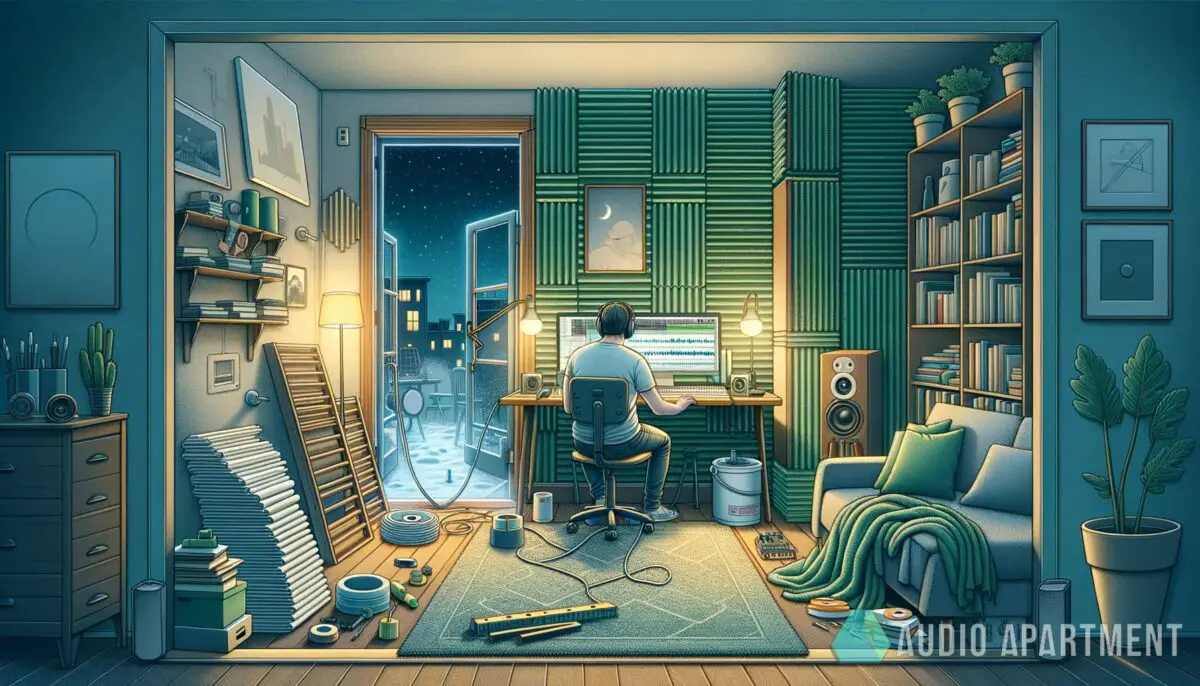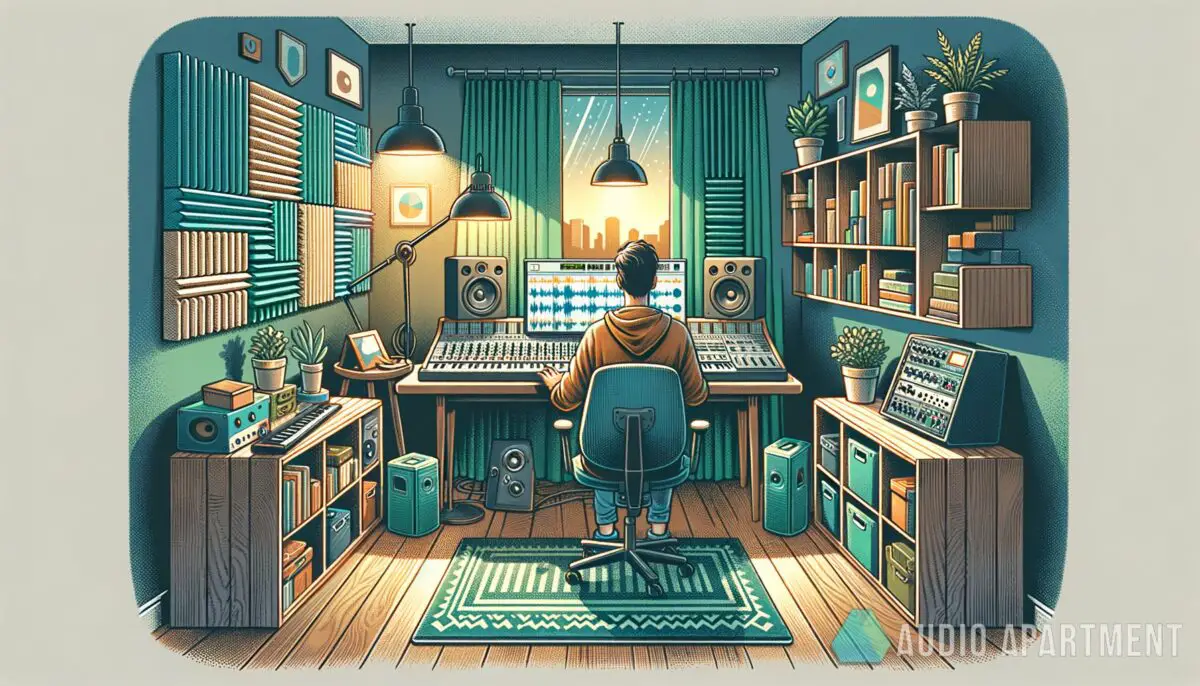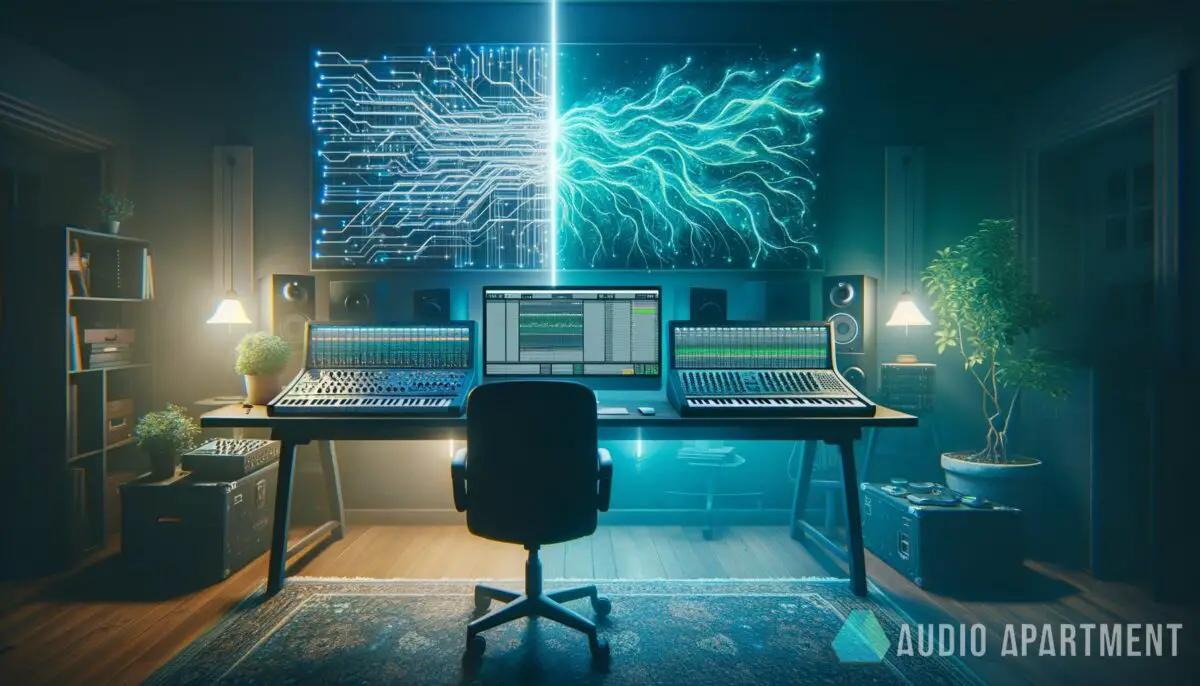Are you a musician dreaming of turning your passion into a lucrative career? Look no further than the realm of music licensing, where the power of your melodies can not only captivate listeners but also generate substantial royalties. From understanding the intricacies of copyright and licensing agreements to positioning your music for optimal exposure.
We’ll delve into the world of music licensing, providing you with actionable advice and insights that will set you on the path to financial success in the music industry.
What is music licensing? A music license is a right that someone has to distribute and/or use copyrighted music. A music license is commonly seen in movies. Still, it is also utilized in advertisements, television shows, online videos, and any other visual medium that wants to use a song with authorization.
How does music licensing work?
Here’s a high-level description of how music licensing works. You submit a song you wrote (and own) to a music licensing service. Then you describe your song and include other keywords that potential purchasers can use to find it.
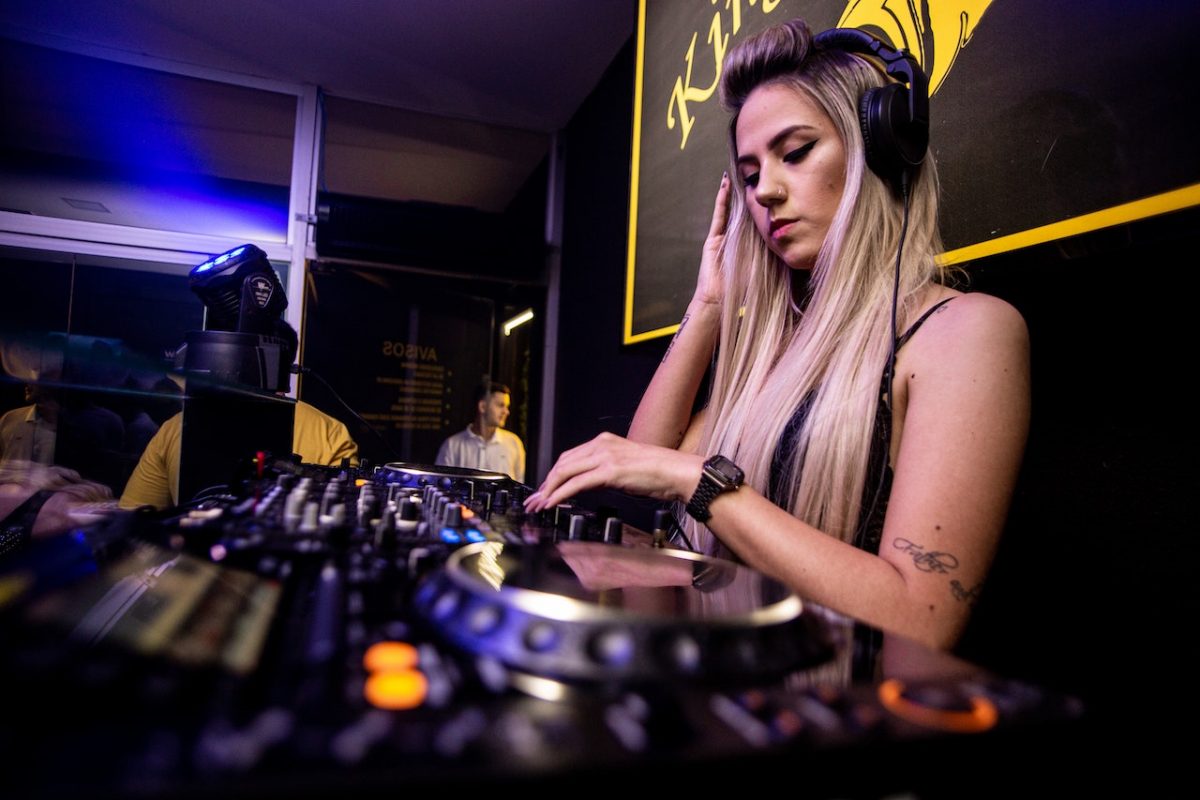
Then, users from all over the world—including TV sound editors, YouTubers, podcasters, and video game designers—search the website. They can be seeking “energetic EDM upbeat” or “nu-metal mariachi tango.” Fundamentally, sync licensing websites function similarly to eBay!
If the client decides to buy your music, these websites will
provide them with a sync license for it.
If the client decides to buy your music, these websites will provide them with a sync license for it. Essentially, the client pays the website an upfront fee for the right to use your music in their project. The website takes a cut of the price, usually between 40 and 60%, and you keep the rest.
If you’re lucky and your licensed track is up on TV, you may be eligible for backside performance royalties worth thousands of dollars!
AKAI Professional MPK Mini MK3

AKAI Professional MPK Mini MK3
What are royalties?
You’ve undoubtedly heard the word “royalty” if you’ve been recording music for more than a few days. A royalty is the most fundamental kind of compensation for artists. Royalties are payments made to those who wrote, performed, composed, or owned the rights to a piece of music, such as songwriters, performers, composers, or publishers.
Here’s a table displaying the royalty rates per stream and the number of streams required to make $1 on various streaming platforms:
| Streaming Platform | Royalty Rates (Per Stream) | Streams Required to Make $1 |
|---|---|---|
| Tidal Music | $0.01284 | 78 |
| Apple Music | $0.008 | 125 |
| Amazon Music | $0.00402 | 249 |
| Spotify | $0.00318 | 314 |
| YouTube Music | $0.002 | 500 |
| Pandora | $0.00133 | 752 |
| Deezer | $0.0011 | 909 |
How do you get paid to license your music?
In most cases, you may expect royalties from your musical compositions and/or recordings. For example, when a song is written and published, the songwriter and publisher get royalties, while the artist, record label, and sometimes distributor (depending on the terms of the artist’s contract) receive royalties when the song is recorded.
Let’s look at the different ways to get royalties in the American music business.
- Publishing royalties: When a song’s basic structure is used in any way—in a recording, a sync agreement, or a live performance—royalties are paid to the song’s author. The writer (or authors) and the music publishing firm often share the profits equally. However, you may act as your own music publisher if you wish to keep 100% of the money you make from sync and performance licenses.
- Mechanical royalties: Mechanical royalties include payments for using your work in mechanical reproduction. A mechanical royalty is a legal payment when a copy of one of your songs is legally sold. The terms “mechanical” and “physical” were formerly considered synonymous. This is because most of these profits came from selling physical products like records, CDs, and cassette tapes.
- Public performance royalties: You are owed these royalties when your music is played in a public place, like a concert, a bar, a restaurant, or on the radio. So, musicians must join a PRO that handles collecting and giving royalties. BMI, ASCAP, and SESAC are the three largest PROs in the United States. If you live in a country that recognizes copyright, you can join a similar organization.
- Sync royalties: Synchronized music licensing is the proper phrase here. What exactly is a sync license, then? As the creator of the music, you have an ultimate say in how it is distributed and utilized. Just like when a famous person’s face is used to advertise a product, the owners of musical works have the right to be paid when their works are used in media like online videos on YouTube.
A “sync fee” is the term used to describe this kind of payment. Moreover, this royalty is not combined with any others. In music licensing, the word “royals” may seem familiar. Although the term “royalty-free” is often used for this kind of music, it is often misleading because the sync charge is already royalty.
- Print music royalties: Royalties based on how many copies are sold are less common these days, but they still apply to sheet music. So, for example, if one of your compositions is chosen to be performed by a high school marching band during halftime, you will get royalties from selling copies of the sheet music.

Where can you sell your music online?
You can make money off your music by either individually selling tracks or entire albums for download or by uploading it to a streaming service. When increasing your audience size, sales, and overall success, it’s always smart to use a multi-pronged approach.
- Digital download stores: Independent musicians must have a place where people can buy their music as a digital download. Major digital music retailers like iTunes and Amazon Music serve daily hotspots for thousands of music downloads and sales, making them ideal advertising grounds for musicians. So if you buy a copy of this music, you may listen to it whenever you choose.
- Streaming platforms: Even though streaming services such as Spotify, Apple Music, and Pandora do not pay out much per stream, the income stream may grow gradually over time. When your music is available through a streaming service, it will be heard by more people. This makes it more likely that new listeners will become loyal fans. This might get potential customers interested, and they might then decide to buy your music to download. However, you must first upload your music to a streaming service to sell it online.
- Bandcamp: This is a no-cost option for musicians looking to sell their music directly to their fans. Bandcamp keeps 15% of your earnings, but it lets you gather information about your listeners, like their email addresses. A platform for discovering new music that also promotes and aids unsigned bands.
- Personal website: Building a website where you can sell your music online and have full creative control is crucial. Your followers may listen to your music and read up on you in your dedicated online space. It’s a great way to keep in touch with your audience and get more people to follow you. But will it be profitable to license your music? One of the many avenues open to independent musicians is sync licensing. Make money from your music via its usage in other visual media. For example, you may make a lot of money if your music is included in media like movies, video games, commercials, television programs, etc.
- Work with a publisher: Working with a publisher means they will look for ways to license your music for commercial use; some even have licensing sections dedicated to syncing prospects. On the other hand, it is the job of music supervisors to find the right songs for use in movies, TV shows, and other media productions.
Unfortunately, there is no one way for music supervisors to stumble across your tunes, although submitting them to production music libraries can only help.
Do’s and don’ts to make money in music licensing
Here’s a table outlining the do’s and don’ts to earn in music licensing:
| Do’s | Don’ts |
|---|---|
| Do your research on music licensing and copyright laws | Assume you won’t have to pay for licensing |
| Understand the difference between rights-free and royalty-free music | Use websites offering free music without caution |
| Craft a killer pitch and tailor your music to fit the market | Neglect to research and understand the limitations of track usage |
| Register your music with a performance rights organization (PRO) | Copy/paste your approach when pitching |
| Build relationships with music licensing agencies and professionals | Be thirsty for attention or come off as desperate |
| Respond promptly and professionally to agency inquiries | Sleep on clearances and rights |
| Protect your rights and ensure proper compensation | Neglect legal responsibilities and permissions |
| Keep track of your music placements and royalties | Ignore networking and relationship-building opportunities |
| Master your tracks for better presentation and quality | Skip metadata and proper crediting |
What rights do you have as a music producer?
The following are the exclusive rights you have to your music if you hold the copyright to it (which is likely the case if you composed the song):
- Reproduce original work protected under intellectual property laws (pressing CDs, vinyl, digital downloads, streaming, etc.)
- Prepare derivative works using the work as the basis (creating remixes, cover songs, etc., using all or part of the copyrighted work)
- Distribute copies of work to the general public (selling or sharing the work yourself or via a music distributor, label, or another service)
- Publicly perform original work protected under intellectual property laws (performing your work live in a public setting)
- Publicly play original work protected under intellectual property laws (playing the work on the radio, including streaming and satellite radio, online, etc.)
- Publicly display original work protected under intellectual property laws (displaying lyrics or other physical media about the work)
Altogether, these rights help to protect your creative vision while also giving you a chance to make money from your music through royalties. It’s also legal for you to sell or transfer your copyright.
If you want even more tips and insights, watch this video called “Monthly Income from Stock Music Licensing | How I Went from Zero to $600/month” from the Make Music Income YouTube channel.
Frequently asked questions (FAQ)
Do you still have questions? Below are some of the most commonly asked questions about how to make money through music licensing.
Can you earn royalties from live performances?
Besides recording and releasing music, performing live may also result in royalties. PROs remit payments to composers when their music is played in licensed establishments. This includes licensed establishments such as nightclubs, theaters, and taverns.
How much does Spotify pay for music licensing?
Artists may get as little as $0.0033 per stream, according to a 2020 article from Business Insider. Instead of giving artists a flat rate per view, the streaming platform uses a “stream share” method to pay artists. According to Spotify, this sum is subject to change based on factors such as how music is played and licensing agreements.
What is royalty-free music?
Simply put, “royalty-free music” is a kind of music licensing that requires the buyer to pay for the license once and permits the music to be used indefinitely.
How big is the online music industry?
Today, online music stores are the most common way to purchase music. Also, streaming services are expected to bring in more than $10 billion by 2020, and single and album downloads will bring in more than $3 million.
Conclusion
In the end, you need to pay the bills, so it doesn’t matter if you have a great song that can stand the test of time. Financially speaking, what matters is that you know how to license music and start earning money from royalties. You can also make money from in-person gigs and merch, as well as digital distribution and marketing, and level up your income. So, how do you monetize your music? And did I cover everything you wanted to know? Let me know in the comments section below (I read and reply to every comment). If you found this article helpful, check out my full blog for more tips and tricks on audio recording and studio production. Thanks for reading, and never stop making music.
Key takeaways
- When letting someone else use your musical copyright, it is common to give them a license.
- In most cases, you may expect royalties from your musical compositions and/or recordings.
- Social media is an important tool for promoting your music.
- Music libraries typically reject songs with an excessive amount of silence.
- Facebook and Twitter are the two most efficient channels for informing an artist’s fan base about a new release or upcoming performance.

